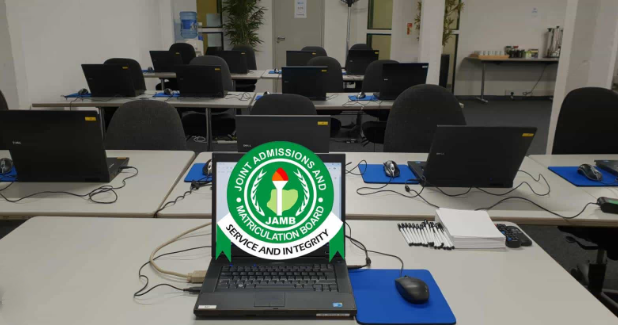By Victor Itodo Abuh
THE JOINT Admissions and Matriculation Board (JAMB) recently set the cut-off marks for the 2024/2025 academic session, with the minimum score for admission into universities at 140, and for polytechnics and colleges of education at 100.
This decision has stirred a significant amount of discussion among stakeholders in Nigeria’s education sector, and it warrants a closer examination of its potential implications.
One of the primary arguments in favour of lowering the cut-off marks is the increased accessibility to higher education.
By setting the bar at a relatively low score, JAMB aims to provide more students with the opportunity to pursue tertiary education.
This is particularly important in a country where educational opportunities can be limited by socioeconomic factors.
Lowering the cut-off marks could enable students from disadvantaged backgrounds to gain admission to universities and other higher institutions, thereby promoting inclusivity.
However, the decision to lower cut-off marks raises concerns about the quality of education.
Critics argue that admitting students with lower scores might lead to a decline in academic standards.
Universities, polytechnics, and colleges of education might struggle to maintain high educational standards if they are compelled to admit students who are not adequately prepared for the rigors of tertiary education.
This could potentially dilute the quality of graduates and affect Nigeria’s competitiveness on a global scale.
Another critical aspect to consider is the autonomy of individual institutions.
While JAMB has set the minimum cut-off marks, universities and other institutions have the liberty to establish their own benchmarks above these minimum scores.
This autonomy allows institutions to maintain their standards and select candidates who meet their specific criteria.
It also introduces a level of competition among institutions, encouraging them to attract the best students by upholding high academic standards.
The economic implications of the new cut-off marks are also significant.
By admitting more students, universities and other institutions can increase their revenue from tuition and other fees.
This can be beneficial in an era where many institutions face financial constraints.
However, it is essential to ensure that the infrastructure and resources are available to accommodate the influx of students without compromising the quality of education.
From a social perspective, the new cut-off marks could help reduce the rate of youth unemployment.
Providing more students with access to higher education can equip them with the skills and qualifications needed to enter the workforce, thereby contributing to national development.
However, it is crucial to balance this with ensuring that graduates are adequately prepared and possess the competencies required by employers.
The decision by JAMB to peg the cut-off marks for the 2024/2025 academic session at 140 for universities and 100 for polytechnics and colleges of education is a double-edged sword.
While it promotes greater access to higher education and inclusivity, it also raises concerns about maintaining educational standards and the quality of graduates.
It is imperative for stakeholders, including educational institutions, policymakers, and the government, to work collaboratively to address these concerns.
By doing so, Nigeria can leverage the benefits of increased access to education while ensuring that its higher education system remains robust and competitive.
Ultimately, the success of this policy will depend on its implementation and the ability of institutions to adapt to these changes without compromising their standards.
It is a delicate balance that requires careful consideration and continuous evaluation to ensure that the objectives of accessibility and quality are both achieved.
Victor Itodo Abuh a young columnist writes in from Abuja.
Share your perspectives under this article in the comments’ box. Thank you.
At JKNewsMedia, our dedication to delivering reliable news and insightful information to our cherished readers remains unwavering. Every day, we strive to provide you with top-notch content that informs and enlightens. By donating to JKNewsMedia, you directly contribute to our mission of delivering quality journalism that empowers and informs. Your support fuels our commitment to bringing you the latest updates and in-depth analysis. Let's continue to uphold the highest standards of journalism and serve our community with integrity and dedication. Thank you for being a part of the JKNewsMedia family and for your ongoing support.





